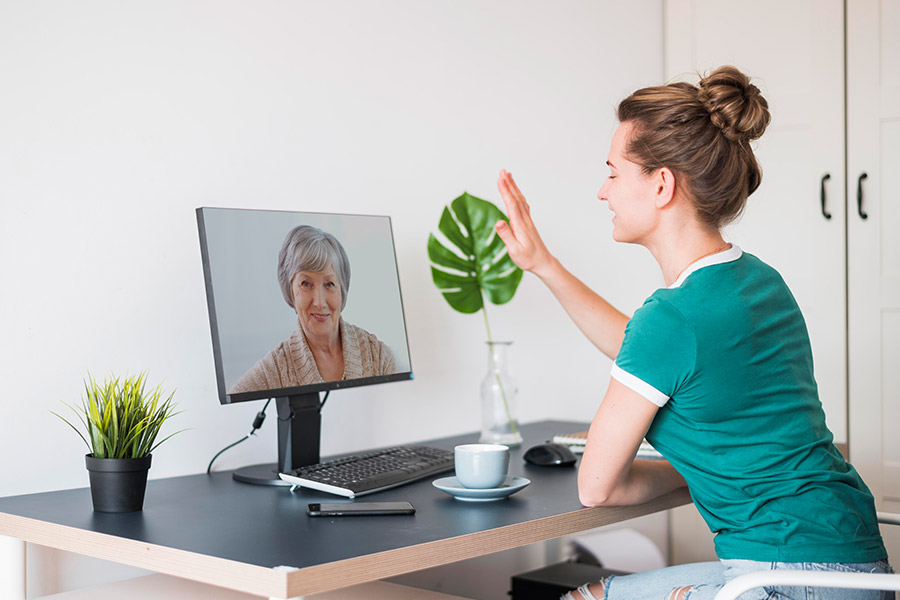At present, over 6 million Americans are struggling to provide care for their loved one as a long-distance caregiver. Most of these are females. They are the ones who don’t live with the person whom they are providing care due to work commitments or other reasons. During COVID-19, travel restrictions at various places and the constant fear of getting infected have made the task of long-distance caregiving (LDC) all the more challenging. They are not able to decide where they are needed the most in the wake of a health emergency because many have children or a family. So, if you are one among them and wondering what to do, here are some essential tips.
Make the best use of resources
Is there any helpful neighbor who could take your loved one to a physician or hospital in case of a medical emergency? If it is, don’t hesitate to call and seek help. If there is an in-home care specialist available in the area where your loved one lives, hiring the professional will give you immense mental peace. You can also coordinate with a transport service for taking your loved one to the doctor or for grocery shopping.
Take the help of technology
Don’t feel guilty that you are not able to do the needful for your loved one. Yes, it is not feasible now to have a weekly visit like before, but you can still be in touch with your loved one with the help of technology. You can use smartphone medication reminders or a CCTV camera. Several video-chat apps can help you to engage in long conversations and uplift the mood of the care recipient. There are plenty of caregiving gadgets that can help you in long-distance caregiving.
Have an emergency plan
Despite your best efforts, there could be a situation where you have to be present near your loved one, but COVID-19 makes the same difficult. So, have a robust emergency plan that can reduce your anxiety in such an unfortunate scenario. Keep a list of the contact numbers ready. The list must include all family members, your loved one’s neighbors or friends, local physicians, local healthcare centers, and so on.
According to the research findings of the National Alliance for Caregiving (NAC) and AARP, a large number of long-distance caregivers report emotional distress (47 percent) in comparison to caregivers who live with their care recipients or live less than one hour away. So, take charge of your life and become a member of an online caregiver support group. Have weekly group coaching from experienced caregivers. Get valuable tips to overcome all your caregiving challenges. The wonderful combination of technology and caregiver coaching will make your life easier.

